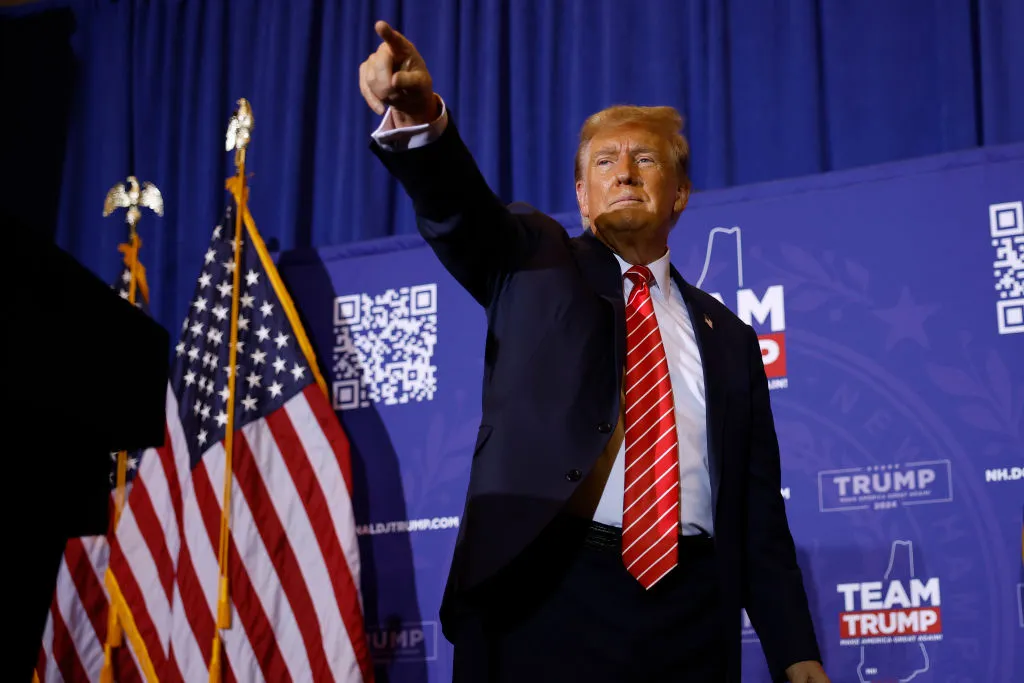Leading Nippon Steel’s Acquisition of US Steel to Success
However, this restructuring could positively affect the U.S. financially and become a symbol of industrial collaboration between Japan and the U.S.
Turning this into a political issue is in no one's best interest. The management of Nippon Steel and U.S. Steel must thoroughly explain the purpose of this restructuring and their business policies to successfully navigate this transition. Both the Japanese and U.S. governments should support this change.
Nippon Steel possesses advanced technology, such as electromagnetic steel plates, which are expected to be in higher demand for electric vehicles. Once the acquisition is complete, they plan to transfer this knowledge to U.S. Steel’s production base. This transfer would strengthen the U.S. supply chain in the fiercely competitive electric vehicle market, particularly against China, and could enhance the overall capability of the U.S. manufacturing industry.
From the perspective of competition policy, Nippon Steel's presence in the U.S. market is not so significant that it would disrupt the competitive environment. In contrast, mergers and restructurings between U.S. companies could harm the automotive and other industries by creating a monopoly in the steel market.
Moreover, given that Japan and the U.S. are close allies, there should be no economic security concerns. As the rivalry between the U.S. and China intensifies, the U.S. government has sought Japan's cooperation on its policies, including export controls on advanced semiconductor technologies.
If the U.S. seeks cooperation with Japan in semiconductors while excluding Japanese companies from the steel market, it could hinder smooth cooperation between the two nations. The U.S. public and private sectors should make a rational and calm decision, taking these points into consideration.
It is imperative that Nippon Steel take the lead in this initiative, not leaving the dialogue and persuasion solely to U.S. Steel.

